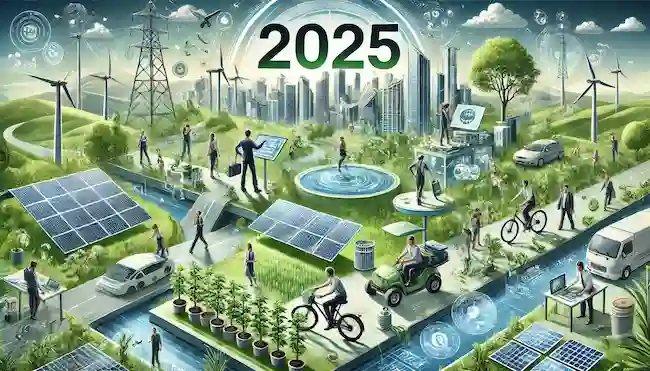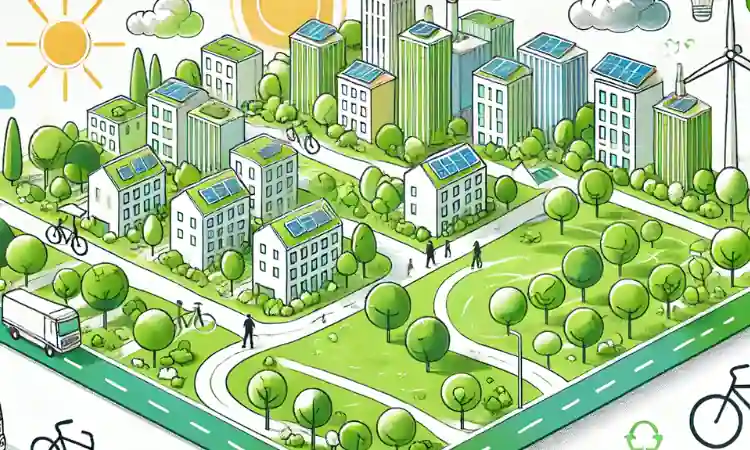Sustainability Career Trends In Focus
Sustainability careers are poised for a surge in demand.
As climate change and loss of nature continue to progress, businesses across all sectors are increasingly prioritising environmental responsibility and ESG practices.
Here we’ve outline what key factors are driving the trend towards sustainability careers. We’ve also highlight some of the key roles to look out for across the year.
Key Factors Driving Growth of Sustainability Roles
1. Accelerated Investment in Sustainability
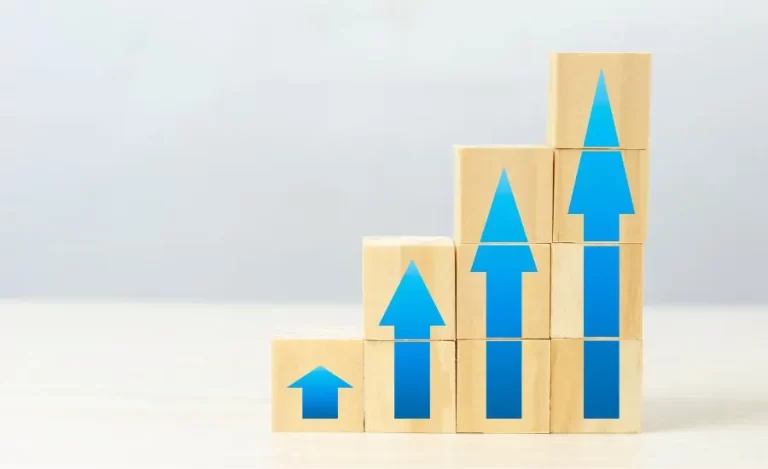
Businesses are recognising the strategic importance of sustainability initiatives. This is leading to increased investment in renewable energy, energy efficiency, waste reduction, and circular economy strategies.
In turn, there is a growing need for sustainability professionals with the expertise to implementing these initiatives.
2. Emergence of Climate-Positive Technologies
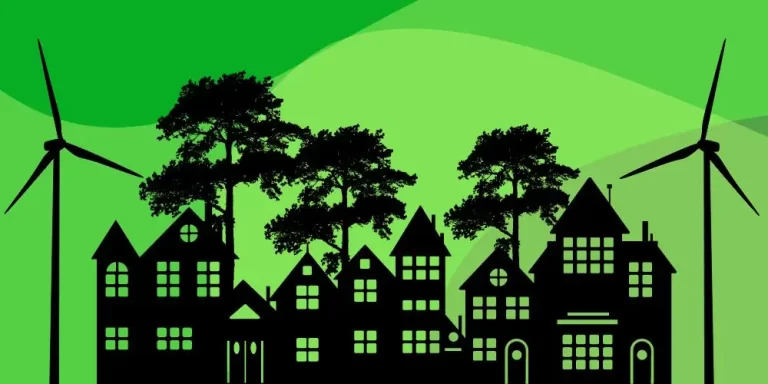
Technological advancements in areas like carbon capture and storage (CCS), renewable energy, and sustainable materials are transforming the sustainability landscape.
Those with specialised knowledge in these technologies are therefore highly sought after to advise and guide adoption of new innovation.
3. Increasing Mandatory Sustainability Disclosures
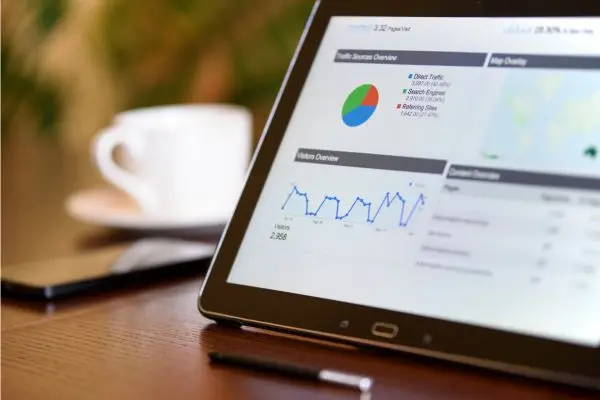
Governments and regulatory bodies worldwide are increasingly enacting mandatory sustainability reporting requirements, particularly in regard to Net Zero.
Consequently, companies are looking for individuals who can effectively translate their sustainability efforts into transparent and credible disclosures that resonate with stakeholders. This requires an increasingly robust understanding of Carbon Accounting procedures.
4. Evolving Consumer and Investor Attitudes
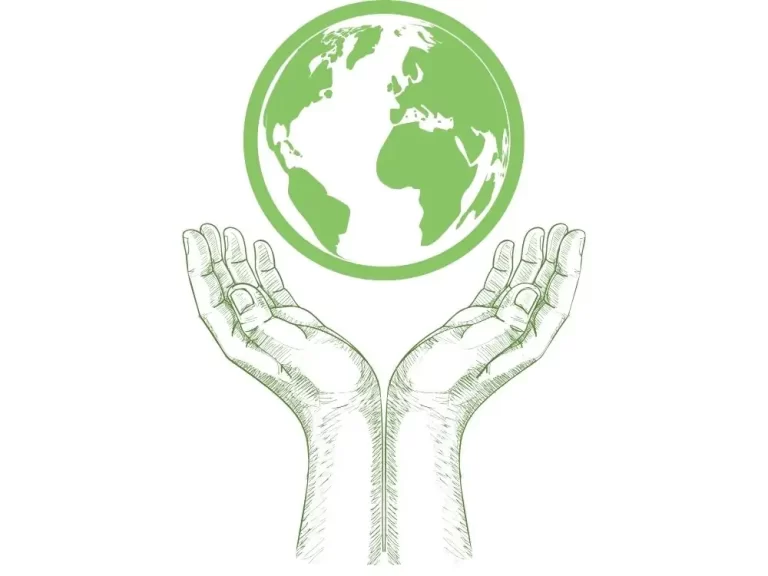
Consumers and investors are becoming increasingly discerning in their assessment of companies’ sustainability commitments. Greenwashing, the practice of making exaggerated or false claims about environmental performance, is under scrutiny.
Businesses are therefore seeking professionals who can help them develop and communicate their sustainability strategies with authenticity and credibility.
5. The Corporate Sustainability Reporting Directive (CSRD)

The CSRD, a new EU regulation mandating comprehensive sustainability reporting for large companies, is driving a surge in demand for sustainability professionals with expertise in CSR reporting frameworks and compliance.
Companies are seeking professionals to help them navigate the complexities of the CSRD and effectively communicate their sustainability performance.
Sustainability roles experiencing significant demand
The factors driving sustainability careers trends are in turn supporting growth in a range of key roles. Below are 10 roles you can expect to see grow in importance over the coming year:
1. Sustainability Manager
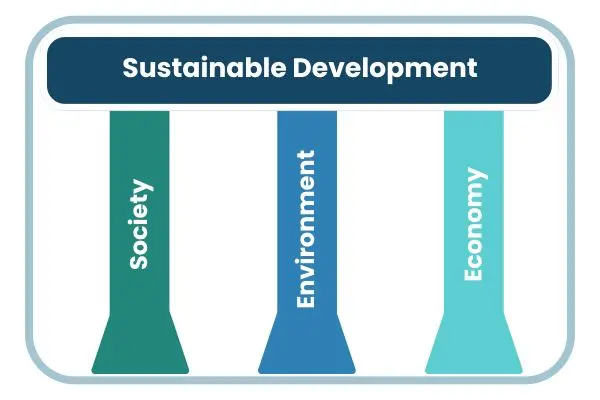
Sustainability Managers oversee the overall sustainability strategy of an organisation, ensuring alignment with corporate goals and broader environmental objectives.
They develop and implement sustainability plans, manage sustainability initiatives, and report on sustainability performance. This activity will often be set against established sustainability models or externally assessed sustainability standards.
At their core, sustainability managers perform the vital role of ensuring a organisation can support the economic, social and environment components of sustainability, in a way that also enhances organisational progress and growth.
2. Carbon Accountant
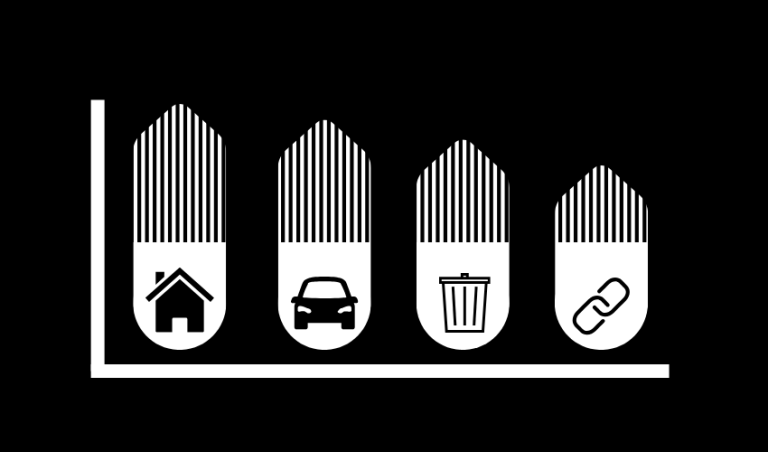
Carbon Accountants quantify and manage carbon emissions, developing strategies to reduce environmental impact and achieve carbon neutrality targets.
They conduct carbon footprint assessments, develop carbon reduction plans, and track progress towards emissions reduction goals.
These skills are particularly essential to ensure emissions tracking and Net Zero progress is reported accurately. You can find further detail on how this tracker is conducting in our Net Zero Business Guide and Carbon Accounting Basics Guide.
3. Sustainable Product Specialist
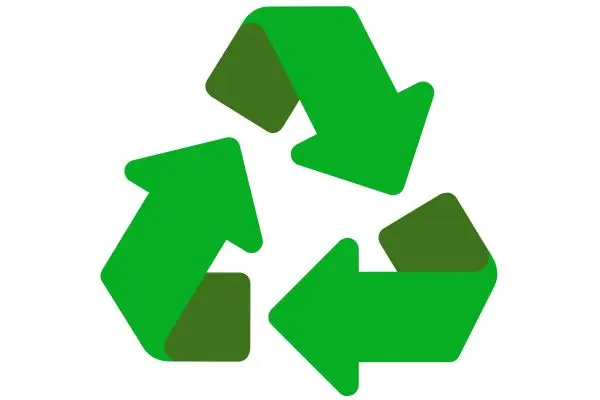
Sustainable Product Specialists evaluate the environmental footprint of products throughout their lifecycle, from design to production and disposal.
They assess material choices, energy consumption, waste generation, and end-of-life impact to create the sustainable products and processes consumers are seeking. In doing so they aim to align product development with Circular Economy principles.
4. Sustainable Finance Specialist
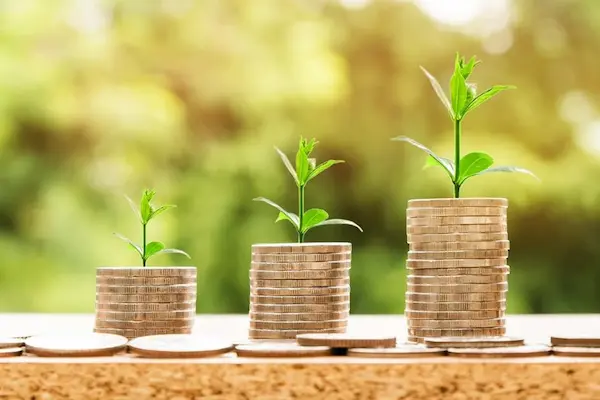
Sustainable Finance Specialist integrate sustainability considerations into investment decisions, helping businesses navigate ESG-related financial products and markets.
They analyse emerging green trends, identify sustainable investment opportunities, and manage ESG portfolios across a range of organisations.
5. Sustainability Data Scientist
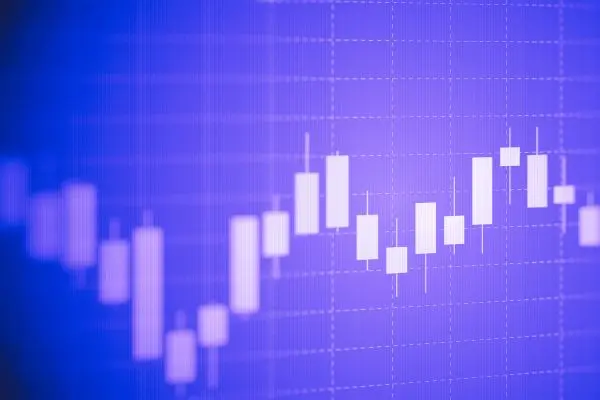
Sustainability Data Scientists utilise data analytics and AI to gain insights into emerging green trends, to measure environmental impact, and to optimise resource management.
They collect, assess, and interpret sustainability data to inform decision-making and improve environmental performance.
6. Climate Change Consultant

They provide expertise on climate change mitigation and adaptation strategies, advising organizations on risk assessment, resilience planning, and transition to a low-carbon economy. They conduct climate risk assessments, develop adaptation plans, and advise on low-carbon technologies.
There importance is only growing a climate change impacts begin to take effect.
7. Sustainable Supply Chain Manager
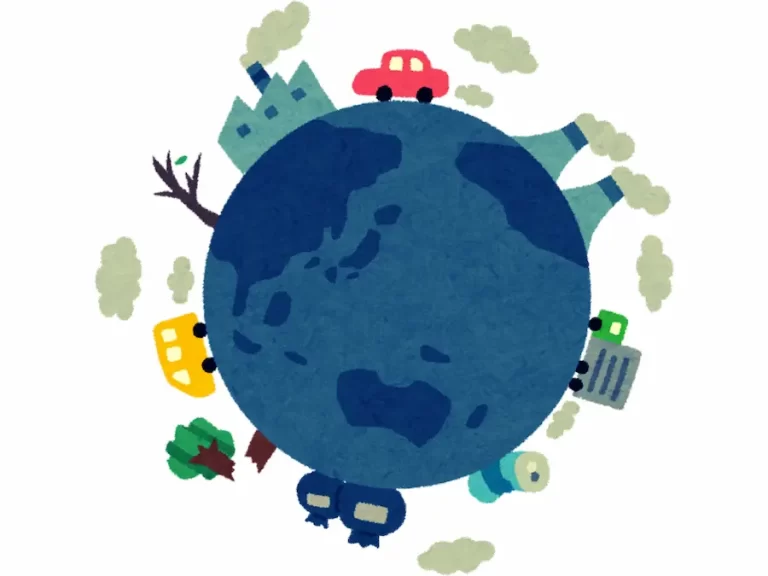
Consumer attitudes continue to push focus on products beyond the businesses that sell them, towards supply chains used to produce them. This is driving the need for sustainable supply chain managers.
They implement sustainable compliance practices across the chain, ensuring ethical sourcing, minimizing waste, and reduced impact.
8. Renewable Energy Engineer

They design, develop, and oversee the implementation of renewable energy systems, including solar, wind, geothermal, and hydro power plants. They evaluate renewable energy potential, optimize system designs, and manage project implementation.
Continued technology advancement and growing investment are drive the need for these roles.
9. Environmental Compliance Officer

Environmental Compliance Officers ensure compliance with environmental regulations and maintain a robust environmental management system.
They conduct environmental audits, investigate environmental incidents, and prepare environmental compliance reports. The are also likely to play a key future role monitoring emerging Biodiversity Net Gain (BNG) programmes.
10. Environmental Impact Analyst

Environmental Impact Analysts assess the environmental impacts of projects, policies, and operations, providing recommendations for minimizing negative impacts and maximizing positive outcomes.
They conduct environmental impact assessments (EIAs), identify mitigation measures, and evaluate sustainability outcomes.
This is an essential role in planning processes, helping to ensure unintended environmental impacts are not incurred long after developments and constructions have taken place.
A Bright Future For Sustainability Careers
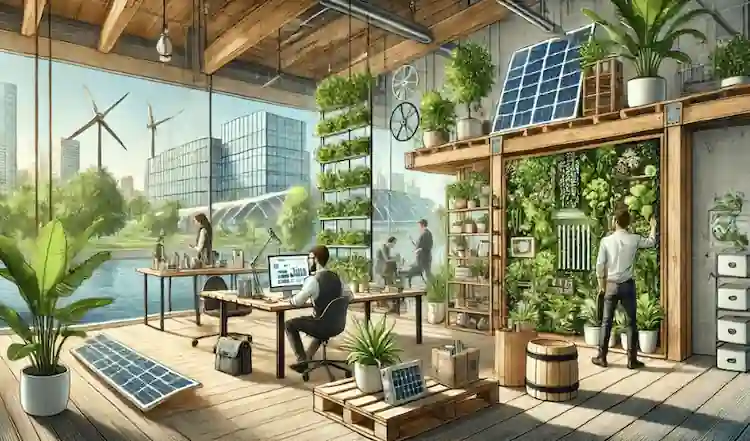
As the world grapples with the escalating climate change and transition to a sustainable future, the trend towards sustainability careers will only continue to rise.
Individuals with expertise in these critical areas are poised for rewarding careers in a growing and impactful field.
If this is a profession your seeking to make a switch to, then check out our Key Tips For Making The Change to a Sustainability Career. Our guide to the Key Skills for Sustainability Job Success post will also help.
If you’re just about to enter the industry, you will find our recent article on graduate sustainability career paths helpful, and for those already in a role, you’ll find our tips to advance your sustainability career a great read!
Lastly, don’t forget, we’ll keep you posted here at Greener Insights on a range of other key developments and trends, so remember to check in with us regularly for valuable insights and updates!

